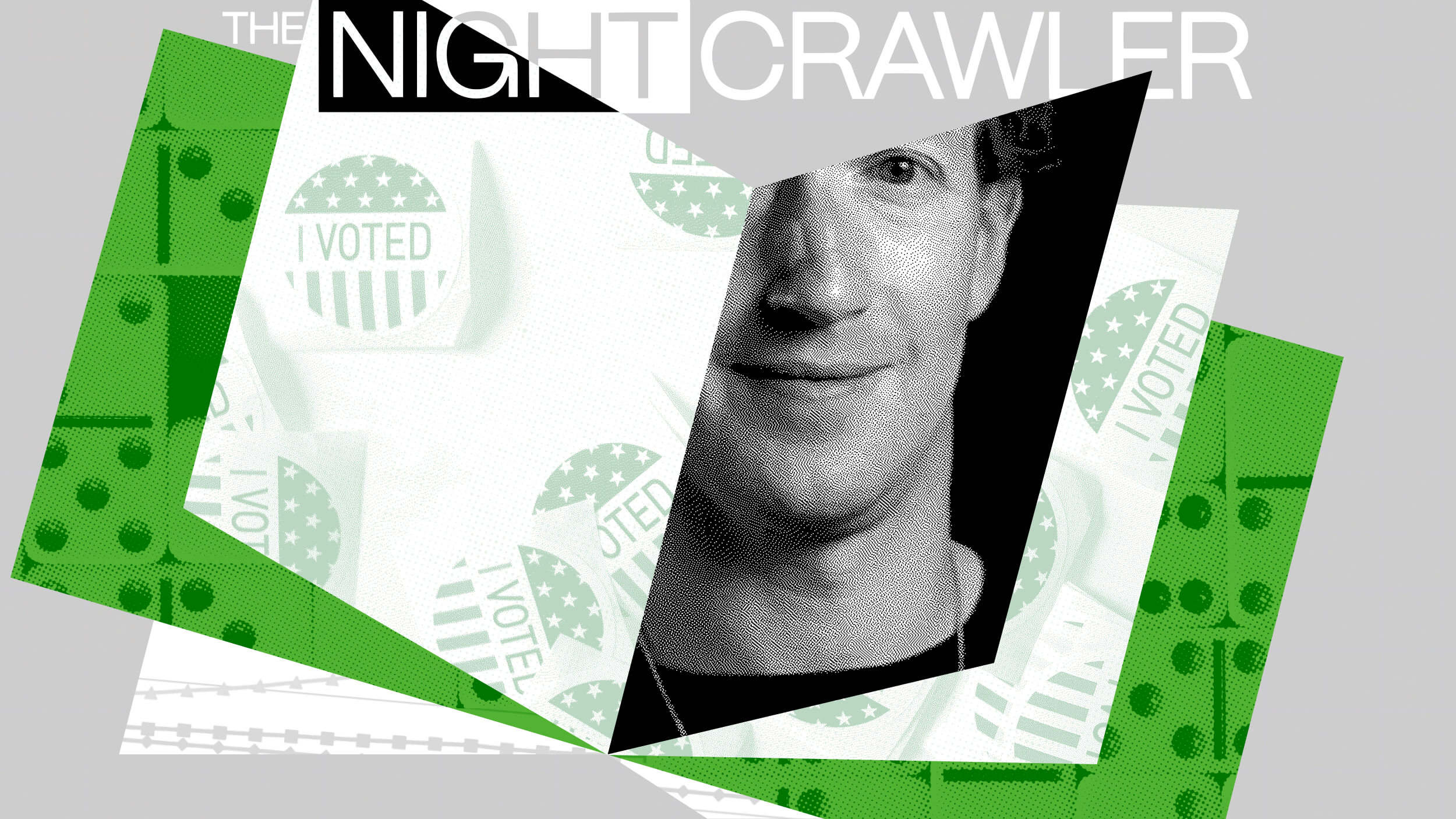Politico is Brilliant, But James Dean Is Not on Facebook

The New York Times Magazine’s feature piece on Washington journalist Mike Allen makes him out to be the friend we all want: uniquely concerned, uniquely connected, possessing all the knowledge we want to get us through our days—and nights. Allen is also unencumbered enough by family to be always on call. He is the cute, witty resident we access on arriving at hospital at two or five a.m.: we are the patient, and we need what he knows. But what is the relationship of knowing people to success? Is calling Allen’s Playbook “D.C.’s Facebook” (as his partner did) a metaphor for . . . popularity? Perhaps, but what ever happened to aspiring to be private, or cool? James Dean would not have been on Facebook.
The piece on Allen is riveting because he is riveting. He is a bit Tom Ripley from TheTalented Mr. Ripley, a bit Dustin Hoffman from Rainman, and a bit the conservative, caring brother we all know and want to protect. He has built something extremely powerful, a—to take another media-centric metaphor—Dealbook for D.C., a diaristic series of flashes that the most powerful people in the world read daily. But the Facebook metaphor leaps out from the piece because when we think about Facebook what we think about first are kids—or adults—willing to share intimate details about their lives. Facebook democratized the instinct to connect, once corralled to those who elected to live in more densely populated areas. Facebook lets us all into the (some) party at any time of day.
So does a Facebook Metaphor (“x’s Facebook”) mean, simply, Knows Many People? Or does it mean, Lucrative Social Networking Tool? Or does it mean, Addictive? Perhaps all of these. Certainly, it means a new medium, a global phenomenon, a product that has caught kids and parents alike. To create a Facebook for People in Power is a remarkable achievement. It takes time.
Whatever it means to you, the use of “Facebook” to metaphor-ize something else is now a trick firmly established in our cultural dialogue, even for those of us who don’t have any “friends.” “Facebook” the metaphor—as opposed to Facebook the product—is an indication of the successful transfer of information. It is the broadband-ed connection of people. And, ultimately, it is the subversion of other outlets for entertainment. If we had a “Facebook for Parenting,” a “Facebook for Publishing,” or a “Facebook for Girls Who Adore Jane Austen” would all of these products succeed as Playbook has? It is Mike Allen’s exceptionality that proves it isn’t easy. The guy works as hard as our President, and his reward is that our President—or at least our President’s people—attend to what he has to say.





